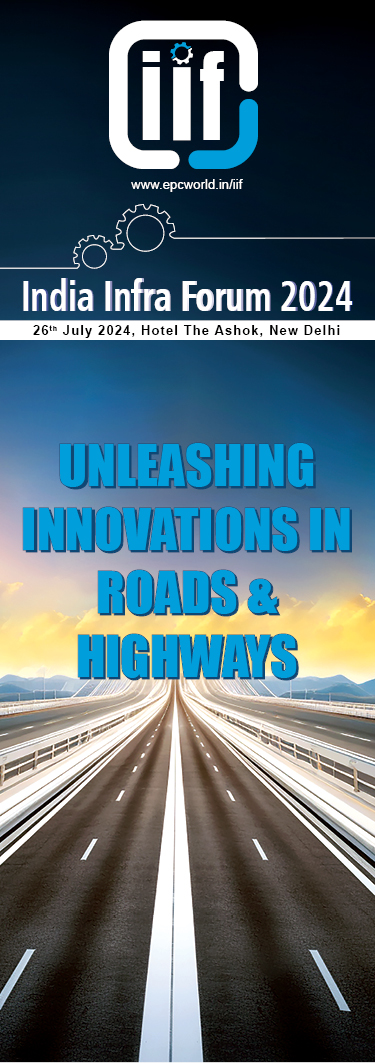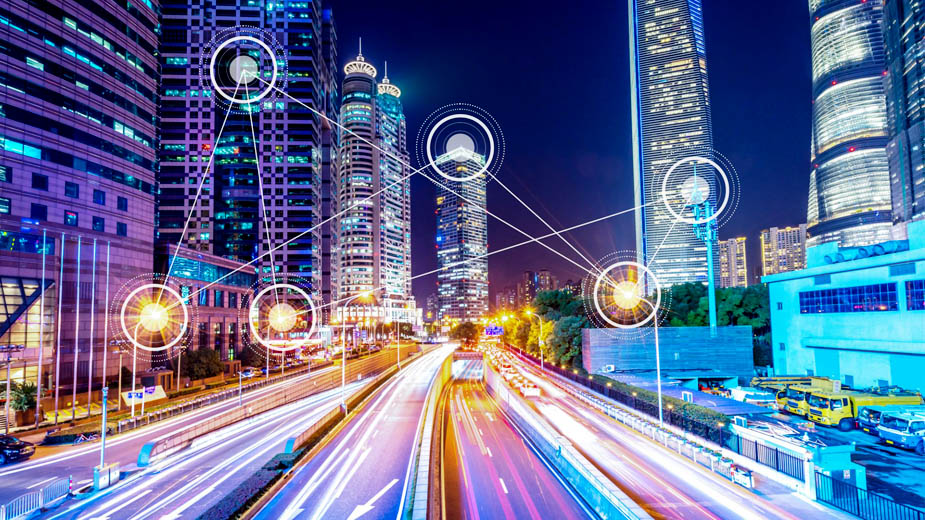- by Prabhakar Kumar, AVP & HOD – Urban Planning, Rudrabhishek Enterprises
The fast-paced economic growth in the recent decades has brought new challenges to India. The high-income millennials aspire for world class living standards. India has shown immense improvement in the standard of life in the urban area with the help of technology, however, the ever-growing population and continuous migration from rural areas have negated the effects of the modern technology.
Despite having world class roads, electricity, public transport facilities, malls & super-markets, internet connectivity; our cities are becoming more and more unliveable with every passing day. Poor environmental conditions, traffic jams, garbage, etc, are omnipresent.
However, in order to tackle such problems, government, corporates and community are relentlessly working towards developing sustainable cities which are not only smart but also offer quality life.
What is a smart city?
A smart city is a city built with people in mind. Smart cities consider giving their residents good life rather than just providing them with living and working spaces.
A smart city is one which makes the optimum use of its resources to provide maximum utility to its inhabitants and reduce costs & waste. The residents of a smart city have better air quality, connectivity, hygienic surroundings and open green spaces to spend time with the nature. They don’t need to unnecessarily commute for work or other services. Smart cities are also better prepared and equipped to fight any disaster whether man-made or natural.
In course of time we will realise that the smart cities like Amsterdam, Singapore and Kyoto were better at fighting the Corona Virus outbreak compared to other cities, no matter how modern.
What makes a city smart?
Smart cities leverage technology to serve people. Connectivity and information sharing lie at the core of any smart city. Connectivity and information sharing help share and utilise the resources better than traditional cities.
Smart cities have data collection facilities at every possible location. These data collection facilities could be traffic & surveillance cameras, parking slot availability sensors, temperature & air quality sensors, solid waste sensors, etc. Street lights, garbage cans, hospitals, government vehicles, toll plazas, supermarkets, etc, could be the places to install these sensors.
Need of smart cities in India
By virtue of the second largest population in the world, Indian cities are heavily crowded and extremely polluted. Six out of world’s top 10 polluted cities are in India1. The infrastructure is already under tremendous pressure.






